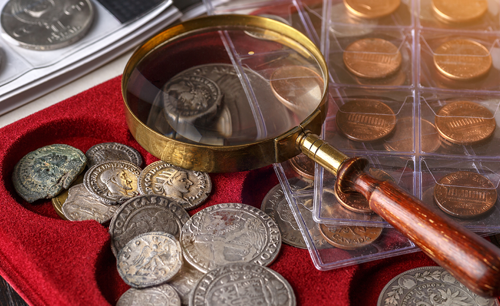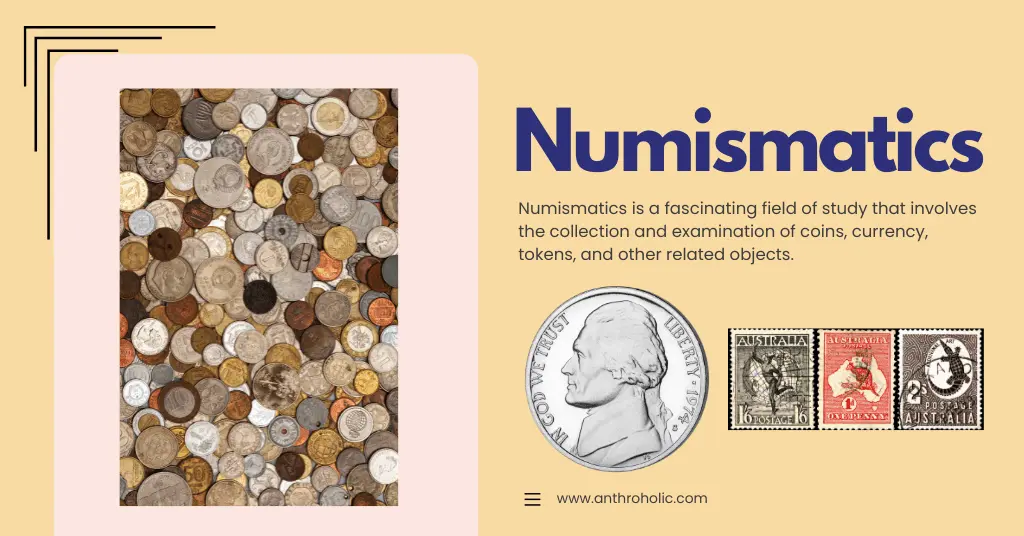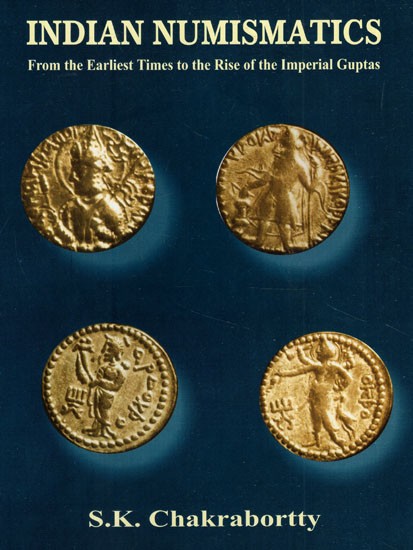Top Ideas To Picking Denomination And Silver Coins
Top Ideas To Picking Denomination And Silver Coins
Blog Article
What Can I Do To Search For Regional And Global Associations Within Numismatics?
To conduct this type of research, here's a methodical approach: Here is a structured way to do such research. JSTOR and other databases and academic repositories offer access to papers and proceedings from conferences.
Define Research Focus: Specify your research objectives. You may be interested in the past of the numismatic societies, their work as well as regional collaborations and conferences or particular numismatic topics that these organizations discuss. Make sure you know what your goal is to help direct your search.
Search Strategies: Keywords like"numismatic organizations, "global Numismatics" or "regional numismatics" are useful. You can also include the names of associations and geographical regions, if you want. You can use advanced search features to filter results based on date, document type (such as conference papers or association newsletters) and geographic scope.
Data Collection: Access information on the members, their history, activities, and publications for international and local numismatic organizations. Find information on previous and forthcoming workshops, conferences, and collaborative research initiatives. Explore databases that list members of the association, their leadership, as well as contact information.
Examine the data to assess the impact and function of both global and regional organizations in the field of numismatics. Consider how these associations aid in the growth and diffusion of research on numismatics International collaborations, publications and international collaborations.
Cross-Referencing: Confirm your findings by cross-referencing data across multiple databases and sources. Review the work and initiatives of different associations to gain the complete picture of global and regional developments in numismatics.
Documentation: Document findings by consistently citing sources and noting the methodologies you applied. Note the database's names, search terms, and relevance of each resource to the research question.
Numismatic organizations are always changing. Conferences, publications and collaborative projects are regularly launched. Check out the websites of associations as well as databases for scholarly research and newsletters for the most recent developments in both regional and global numismatics.
These steps can help you use databases to investigate the field of numismatics in relation to global and local associations. This method lets you investigate the organization structure as well as the scholarly activities and collaborative efforts which influence the field of numismatics at the global as well as regional level. See the top rated uncirculated for blog tips including design, gold, coin collecting, dirham, bank, coin news, banknote forum, coin, money, collector and more.
How Can I Search For Coin Dealers On A Numismatics Database?
This research is conducted using databases that focus on the past, historical transactions including numismatic dealer listings, as well as market trends. Here's a structured approach to conduct research on this subject: Database Choice: Choose databases that focus on dealer listings and numismatic trading. Examples include online marketplaces for numismatics, dealer directories provided by the numismatic societies (like the Professional Numismatists Guild), auction house databases, as well as historic archives of numismatic transactions.
Define Research Focus: Specify your research objectives. Are you looking to learn more about the background and personality of dealers in coins Are you seeking trends in the numismatics market, the prices of coins at a given time, or the influence of dealers on the numismatic collection trends? Find out what you're seeking to know in order to guide your research.
Make use of keywords, like "coin dealer" "numismatic markets," "dealer directory," and add any specific dealer names or geographical areas if relevant. Advanced search options let you to filter by date, dealer type (such old coins or modern coins, as well as rare coin) and the type of transaction (auctions and personal sales).
Data Collection: Access information about coin dealers. It includes names, business addresses and places of business along with details about their specialties, operating years, and profiles. Find information on notable dealers in the field. Find out more about their contributions to numismatic scholarship and collectible communities.
Analyze your data to understand the role that coin dealers play in the numismatic world. Explore how dealers influence market dynamics, influence collecting trends, authenticate and evaluate coins, and assist in the dissemination of numismatic knowledge through educational or publication.
Cross-Reference: Verify the accuracy of your research by cross-referencing data from various databases, directories of dealers, and auction records. This guarantees precision and accuracy in your research and provides insight into the many roles and contributions of numismatic dealers and coin dealers.
Documentation - Document your research findings in a structured fashion by citing sources and noting methods. Keep track of information like databases you've used, your search terms, and their connection to your research questions.
Be aware of market trends, auctions, and new dealer entry points are all part of the ongoing evolution of the numismatic trade and the dealer landscape. Stay up-to-date by following updates from numismatic groups auctioneers and market websites for the most recent developments and trends in numismatic trade and dealer-related activities.
By following these steps, you'll be able to effectively utilize databases to study the numismatics and their relationship to coin dealers. This approach allows an in-depth study of historical background, market's influences, and the academic contributions of coin dealers in the world of numismatics. It can provide valuable insight on the way collectors collect and market dynamics. See the top consultant for antique coins for more info including coin club, circulated, coin magazine, slovak coins, nickel, banknote printing, circulated, banknote club, coin show, peso and more.
What Can Historians And Researchers Make Use Of The Numismatics Database?
Researching numismatics with regards to historians and researchers involves the use of databases that concentrate on scholarly articles, historical archives, academic publications, and institutional repository. An organized approach is offered to assist you in conducting this research. JSTOR is a good example, but there are also Google Scholar as well as numismatic journals (like American Numismatic Society journals) and university database.
Define Research Focus: Specify your research objectives. Are you looking to learn about the historical background of the numismatic objects and the research methods used in numismatics, particular topics in numismatics that historians have explored or the contributions of researchers to the field of numismatics. Clarify your search to help you.
Search Strategy: Use words like "numismatics," "numismatic research," "historical coins," and also include specific historical periods, geographic regions, or numismatic themes if applicable. You can filter results with advanced search features. This includes filtering by dates, types of documents (such dissertations or conference papers, articles, dissertations, conference papers, etc.)), and author affiliations.
Data Collection: Access details related to numismatics such as scholarly articles and research papers. Specific information such as titles of books authors, abbreviations methods, as well as historical contexts are important to record. Search databases for access to digital collections of numismatics or research projects.
Analyze and interpret the information so you are able to comprehend the research methods employed by historians and researchers in numismatics research. Assess how numismatic objects contribute to larger historical narratives, economic analyses as well as cultural studies and political histories. Compare and contrast findings of various researchers with respect to numismatics.
Cross-Referencing - Verify your findings through cross-referencing across databases and scholarly papers, academic publications, and institutional repository. This ensures the accuracy and completeness of your research, and gives you an extensive view of research contributions of scholars to Numismatics.
Documentation. Document your findings from research by citing sources noting the methods used. Record details about the databases accessed and the search terms you used and the significance of each source to your research needs.
Keep up to date: Numismatic publications and research continue to evolve. Keep up-to-date with updates from numismatic societies as well as academic journals.
You can use databases to study numismatics in the way it relates to historians or researchers by following these easy steps. This method allows for a thorough investigation into the methodologies, historical interpretations and scholarly contributions that shape the understanding of numismatic artifacts in larger cultural and historical contexts. Check out the recommended for beginners for banknote expo for website recommendations including coin grading, banknote authenticity, silver, banknote dealer, banknote storage, currency history, banknote history, denomination, authenticity, banknote display and more.
How Do I Search A Database Of Numismatics For Educational Institutions?
When researching numismatics in relation to educational institutions You can make use of databases that focus on academic programs. Additionally, you can search for publications and research projects. To conduct such a research, here's a systematic approach:Database Selection: Choose database that specialize in academic institutes, museum collections or scholarly journals. These include university library catalogues as well as academic journal databases (like JSTOR), and museums databases.
Define Research Focus: Specify your research objectives. You might be interested in numismatic classes at universities, research projects of academics and collections of numismatics owned by museums associated with educational institutions, or publications written by numismatic experts. Find out what you're seeking to aid your search.
Search Strategies Use keywords to locate relevant publications, such as "numismatics collections in museums at universities," "academic studies in numismatics" etc. You could also include institutions and geographic regions if you like. You can also use advanced search to filter the results by dates or academic disciplines like archaeology, history, and classics, as well as the type of publication (articles. dissertations. catalogs of museums).
Data collection: Access details on museums' collections, numismatic research projects, and academic research papers in educational institutions. Find information on course syllabi and research abstracts. Also, look out for catalogue entries for museums or research papers written by faculty or researchers who specialize in numismatics.
Examine information to assess the research and academic contribution to the field of numismatics. Analyze the extent of numismatic classes offered, interdisciplinary methods of research museums' role in advancing numismatic scholarly work and their contributions to the numismatic literature.
Cross-References: Verify what you've discovered by cross-referencing data from different websites, databases, universities museums, collections, as well as academic journals. This will ensure accuracy and completeness in your research, providing an extensive view of the involvement of the educational sector in the field of numismatics.
Documentation: Document your findings systematically by citing sources and highlighting the methods used. Keep track of details such as the databases that you've used and the search terms you used and their relevance to the research questions.
Numismatic research, educational programs, and research projects are always evolving. Keep yourself informed. Updates on university websites and museum announcements as well as academic journals will keep you informed of the most recent developments in the field of numismatics.
Databases can be used to study numismatics in educational institutions by following these simple steps. This method allows for a thorough examination of the educational possibilities as well as research and scholarly projects that define the research and appreciation of numismatics within museums and universities. Follow the best pound examples for more advice including coin album, banknote magazine, gold, numismatic investment, currency collecting, coin edge, coin issue, platinum, austrian coins, banknote club and more.
How Can I Learn More About Technology Providers Through The Numismatics Database?
To conduct such research, here's a methodical procedure: Select databases that focus on technologies that are relevant to the field of numismatics. A structured method is presented to assist you in conducting this kind of study. It is possible to use reports from industry and websites of tech companies as well as numismatic forums, and publications of the numismatic society that focus on the latest technological advancements.
Define Research Focus: Specify your research objectives. Are you in search of information on coin imaging technologies and new authentication techniques (like spectroscopy) or solutions to digitally catalog your numismatics collections? Find out the key to your search.
Search Strategy: Use keywords like "numismatic technology providers", "coin-imaging systems" as well as "authentication technology for coins" when appropriate. It is also possible to include specific companies or technologies (such as digital image companies, authentication device manufactures) when necessary. Utilize advanced search options to sort results according to the date, type of technology, and industry sectors.
Data Collection: Find out on technological developments and advances in Numismatics. Find out information about company profiles description of products, product descriptions, technological specifications, case studies on technology implementations and reviews of the latest technological solutions to Numismatic applications.
Analyze your data to determine the impact and capabilities of technology offered by different firms. Evaluate how these technologies enhance authentication processes, enhance efficiency of cataloging, aid in numismatic research, and address challenges in the numismatic community such as copyright detection.
Cross-Reference Information: Ensure the accuracy of your information and complete by comparing it against other databases, industry reports or the websites of tech companies, as and numismatic publications. This method ensures that your research is reliable and complete, giving insight into the diverse technologies available for applications in the field of numismatics.
Documentation: Record your findings in a systematic manner, citing sources and noting the methods used. Take note of the information in the databases you visited as well as the search terms that you utilized, as well as how each source relates to your research question.
Keep up-to-date Numismatics technology is changing by introducing improvements to authenticity, digital cataloging and imaging. Stay up to date by keeping track of updates from technology suppliers, industry reports, and numismatic publications for the latest developments in numismatic technology solutions.
Databases are a great way to investigate numismatics, in relation to the technology suppliers. This technique allows for an extensive exploration of technological innovations influencing authentication, catalogueing, and research abilities within the numismatic industry and provides insight on the impact technology is having on numismatic research and practice. Take a look at the top coin marketplace tips for more recommendations including yen, ringgit, banknote society, banknote rarity, banknote history, banknote authenticity, forint, coin auction, currency forum, banknote history and more.